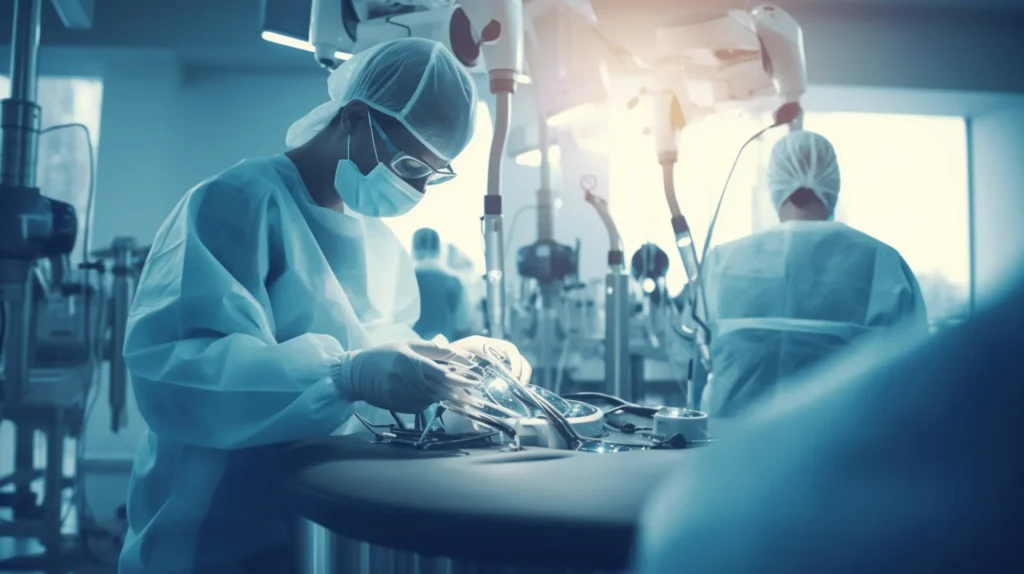1. Surgeons and the Bathroom Dilemma
During surgery, a surgeon experiences a surge of adrenaline, which diverts blood flow from the kidneys and suppresses urine production, reducing the urge to use the bathroom. For extended procedures, a team member can temporarily take over to allow for a quick break.
2. Your Small Intestine: A Volleyball Court Inside You
The small intestine is impressively efficient, stretching 5-7 meters in length with a surface area of 200-400 square meters, comparable to a volleyball court. This vast area ensures optimal nutrient absorption.
3. Can Shock Really Kill?
Extreme fear triggers excessive adrenaline release, which can overwhelm the heart, potentially causing fatal arrhythmias or even heart rupture. This phenomenon is known as “scared to death.”
4. Radiation Exposure in CT Scans
A CT scan exposes you to 5-10 times more radiation than a standard X-ray, slightly increasing cancer risk. Protective lead shields are advisable for certain exams, while ultrasounds and MRIs offer radiation-free alternatives.
5. Arm Pain and Heart Health
Left arm pain can be a warning sign of myocardial ischemia. This occurs due to shared nerve pathways between the heart and the arm, leading to referred pain during cardiac distress.
6. Snoring and Serious Health Risks
Severe snoring might indicate obstructive sleep apnea, associated with oxygen deprivation, high blood pressure, and increased risks of heart failure and stroke.
7. High-Altitude Adaptation
Surprisingly, physically fit individuals are more prone to altitude sickness due to higher oxygen demands. Smokers, accustomed to mild oxygen deprivation, may adapt more easily.
8. Cervical Cancer and Sexual Activity
Cervical cancer primarily stems from HPV infections, which are linked to sexual activity. Women without a sexual history rarely face this risk.
9. Safe Handling of Fall Victims
If someone falls from a height, avoid moving them without proper support to prevent spinal cord injuries. Use a flat board to carefully transfer the individual while maintaining spinal alignment.
10. The Stomach Pain Medication Trap
NSAIDs like aspirin and ibuprofen can worsen stomach issues by reducing protective prostaglandins. Medications like omeprazole are better choices for managing stomach-related discomfort.
11. The Placebo Effect: Price Matters
Research shows that expensive placebos can lead to better outcomes compared to cheaper versions, highlighting the psychological impact of perceived value on health improvements.
12. Handle Blister Beetles with Care
The poisonous rove beetle can release a toxic substance if crushed, causing severe skin burns. Gently blowing the insect away is the safest response.


